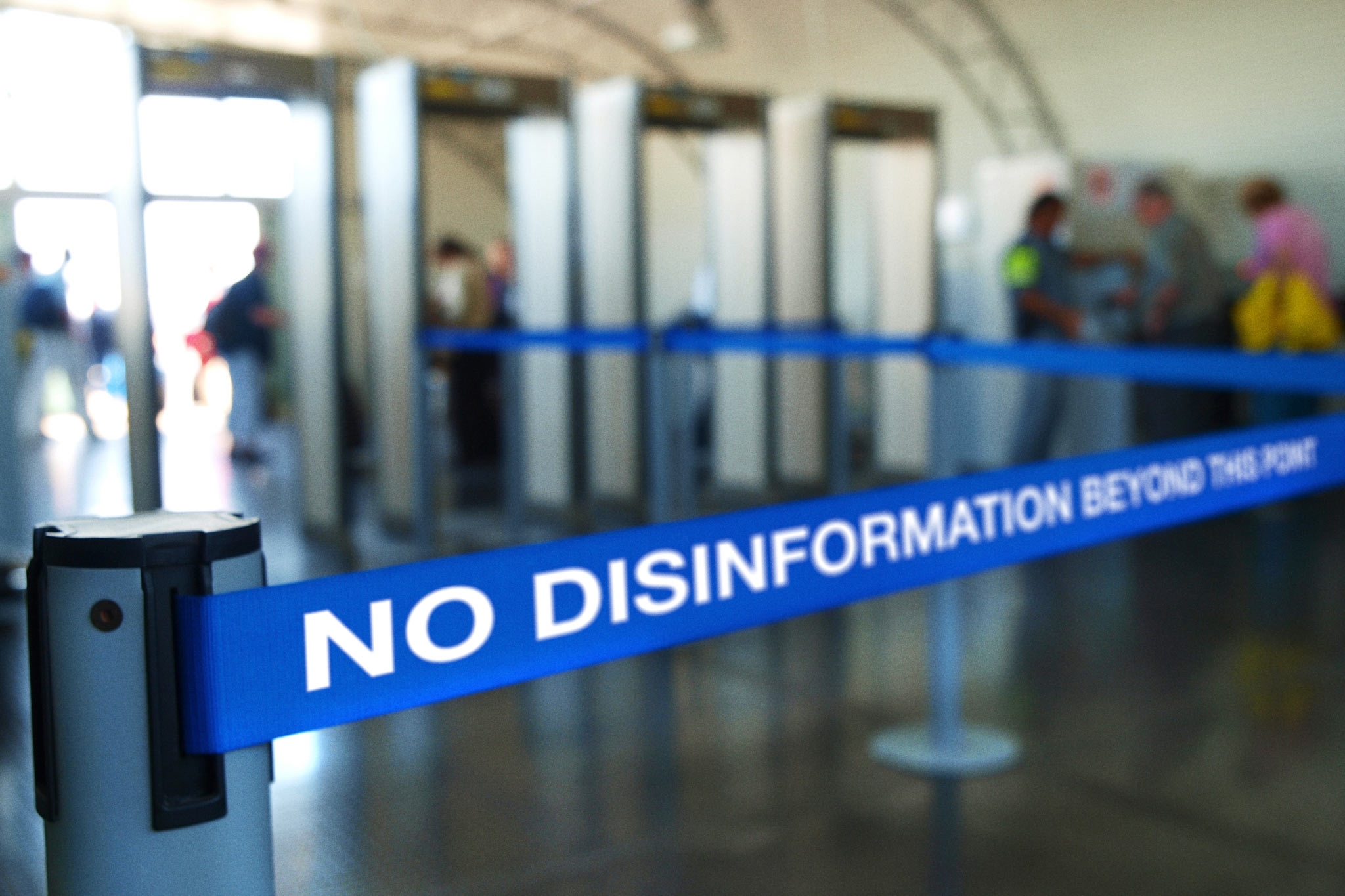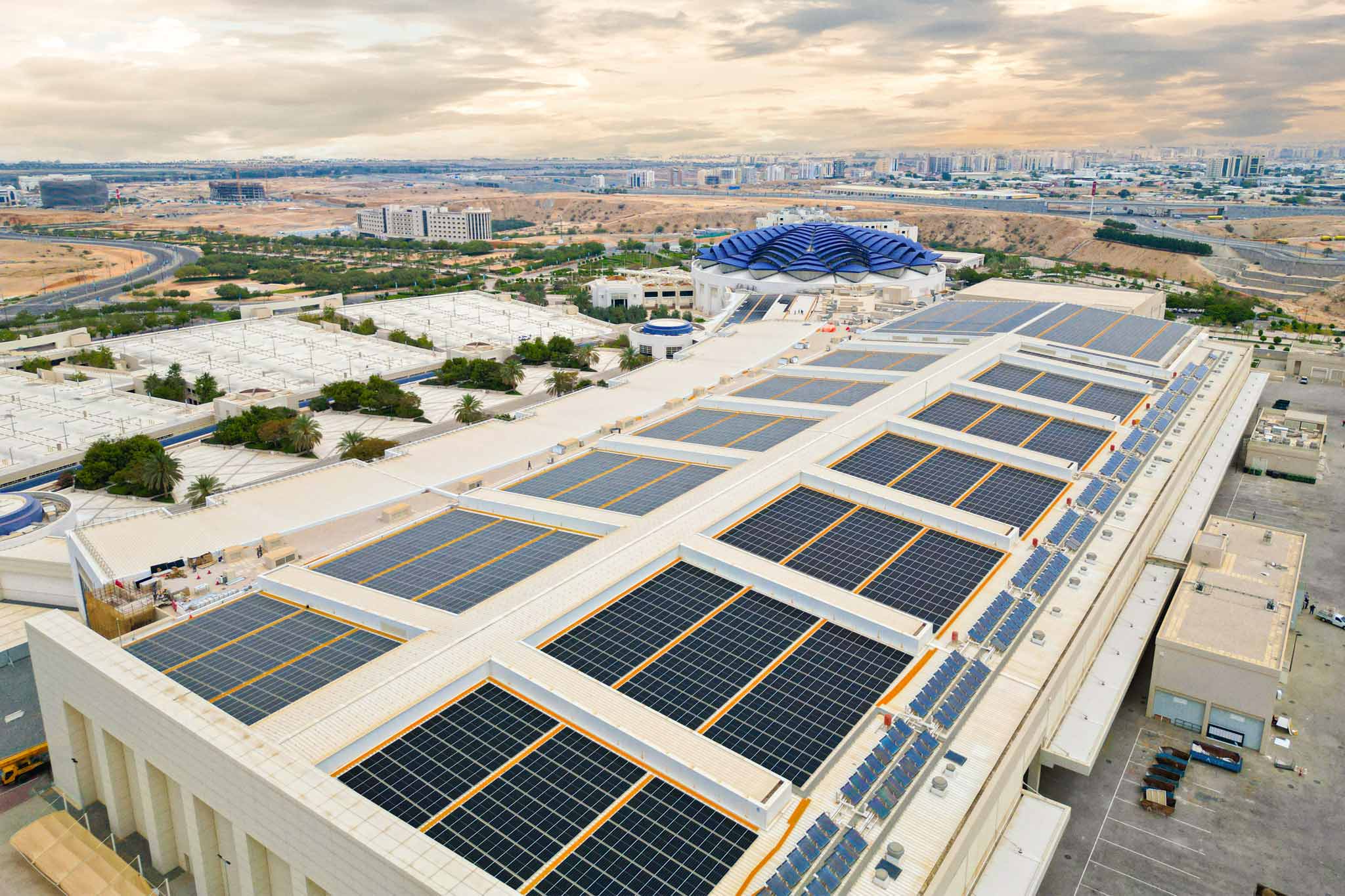In a time when audiences are bombarded with headlines, articles, and talking points, information spreads rapidly, and misinformation can cause significant damage. Companies must be extra-vigilant in protecting their meeting and event programs from the infiltration of fake news and false information.
Whether in-person or virtual, mass gatherings of thought leaders and audiences are prime opportunities for sharing knowledge, building relationships, and shaping opinions. But as such, they can also become prime targets for those seeking to spread disinformation. As a business event industry pro, you can employ a few simple hints, tips, and strategies to ensure the integrity of discussions and presentations shared at your meetings and events.
Rigorous speaker and content vetting The first line of defence against misinformation in event programs is a thorough vetting process for speakers and content. Meeting planners should:
- Implement a stringent selection process for speakers, including background checks and credential verification.
- Review all presentation materials in advance, fact-checking key claims and statistics.
- Require speakers to provide sources for their information, especially for controversial or cutting-edge topics.
- Consider using a panel of experts to review content for accuracy and relevance.
- Companies can significantly reduce the risk of misinformation entering their programs by carefully scrutinising who speaks and what is presented.
Establish clear guidelines for presentations Creating and communicating clear guidelines for presenters can help maintain the integrity of information shared. These guidelines should:
- Emphasise the importance of factual accuracy and the use of reputable sources.
- Discourage the use of unverified or sensational claims.
- Require clear labelling of opinion-based content versus factual information.
- Specify the process for addressing audience questions about controversial topics.
Providing these guidelines well in advance allows speakers to align their content with the company’s standards for information integrity.
Incorporate real-time fact-checking For larger events or those covering sensitive topics, consider implementing real-time fact-checking mechanisms:
- Employ a team of fact-checkers to monitor presentations and panel discussions.
- Use technology solutions that quickly verify claims made during sessions.
- Establish a protocol for addressing and correcting misinformation if it occurs during an event.
Real-time fact-checking can prevent the spread of false information and demonstrate the company’s commitment to truth and accuracy.
“Minimise the impact of misinformation and maintain the event’s credibility”
Educate attendees on critical thinking and media literacy Empowering attendees to evaluate information critically can create a more resilient audience. Consider:
- Offering pre-event workshops on media literacy and fact-checking techniques.
- Providing resources and tools for verifying information shared during the event.
- Encouraging attendees to ask questions and seek clarification on presented information.
By fostering a culture of critical thinking, companies can reduce the impact of any misinformation that might slip through other safeguards.
Leverage technology for information verification Utilising technology can enhance efforts to maintain information integrity:
- Implement AI-powered tools to scan presentation materials for potential inaccuracies.
- Use blockchain or similar technologies to verify the authenticity of presented data or research findings.
- Employ sentiment analysis tools to monitor social media discussions related to the event, identifying potential misinformation trends.
New technological solutions can provide additional protection against the spread of fake news within event programs.
Create a robust moderation strategy for Q&A sessions Question and answer sessions can easily be vulnerable to the spread of misinformation. Consider the following steps to mitigate the risks:
- Train moderators to identify and tactfully address potentially false or misleading statements.
- Establish a process for vetting audience questions before they are asked publicly.
- Prepare speakers to address common misconceptions in their field.
- Have a fact-checking resource readily available during Q&A sessions.
Effective moderation can prevent misinformation from gaining traction through audience interactions.
Develop a rapid response plan for misinformation incidents Despite best efforts, misinformation may sometimes enter event programs. Having a plan in place to address such incidents is crucial:
- Create a dedicated team responsible for monitoring and responding to potential misinformation.
- Develop preapproved messaging templates for various scenarios.
- Establish clear channels for quickly disseminating corrections or clarifications.
- Train staff on how to address misinformation with attendees in a professional and non-confrontational manner.
A well-prepared response can minimise the impact of misinformation and maintain the event’s credibility.
Foster transparency in sponsored content and presentations When incorporating sponsored content or industry-funded research, transparency is critical:
- Clearly label all sponsored sessions or content in the event program.
- Require speakers to disclose any relevant financial interests or affiliations.
- Provide context for industry-funded research, including information on the study’s methodology and limitations.
Transparency helps attendees evaluate information critically and maintains the integrity of the event.
“Protecting programs from misinformation requires business events industry leaders to take a comprehensive, proactive approach to combating fake news”
Collaborate with fact-checking organisations Partnering with reputable fact-checking organisations can add credibility to your efforts:
- Invite fact-checkers to review key presentations or participate in panel discussions.
- Provide attendees with access to fact-checking resources during the event.
- Collaborate on creating event-specific fact-checking materials.
Industry partnerships demonstrate a commitment to accuracy and provide valuable resources for combating misinformation.
Implement post-event verification and follow-up The fight against misinformation doesn’t end when the event does. You also will want to:
- Conduct post-event reviews to identify any instances of misinformation that may have been missed.
- Provide attendees with access to verified recordings or transcripts of sessions.
- Follow up with corrections or clarifications if inaccuracies are discovered after the event.
- Solicit feedback from attendees on the perceived accuracy and reliability of information presented.
This ongoing commitment to accuracy can help maintain the event’s integrity and the company’s reputation long after the gathering concludes.
Long story short Protecting meeting and event programs from fake news and misinformation requires business events industry leaders to take a comprehensive, proactive approach to combating fake news. However, companies can significantly reduce the risk of false and misleading data infiltrating their events by adopting strategies such as implementing rigorous vetting processes, leveraging new technology solutions, and fostering a culture of critical thinking and transparency.
Such efforts contribute to the broader fight against misinformation in society. Keep in mind: When companies prioritise information integrity in their events, they protect their reputations and set standards for responsible information sharing in professional settings. By taking these steps, firms can ensure that their meetings and events remain trusted sources of knowledge and valuable platforms for professional growth and networking, untainted by the corrosive effects of misinformation.



